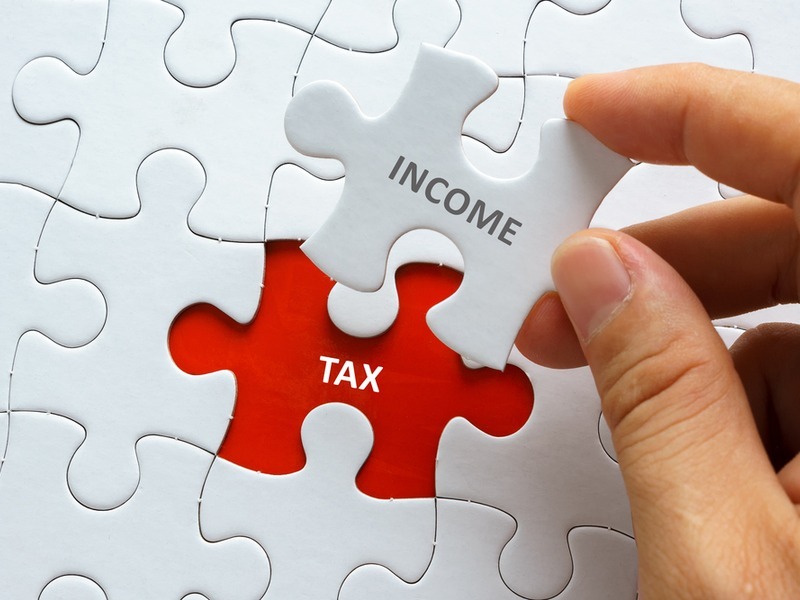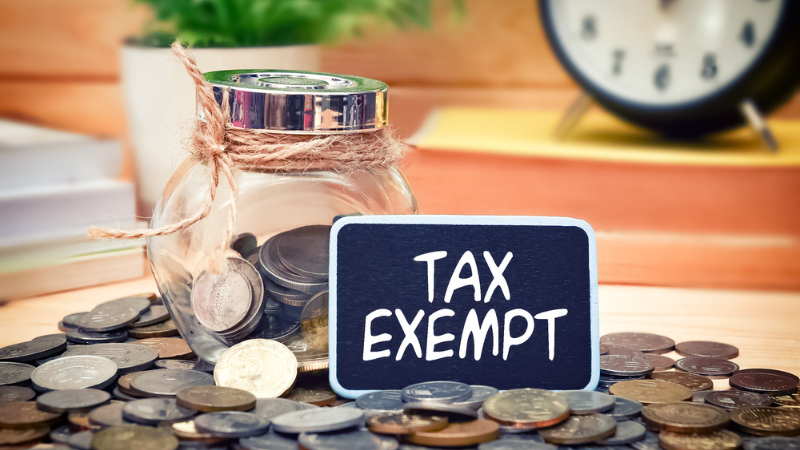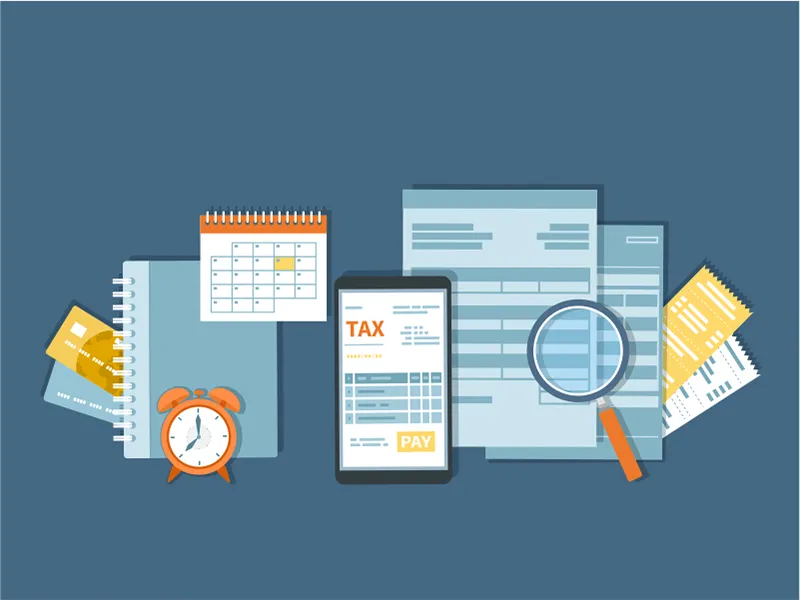
April 1 sees the beginning of a new financial year every year in India. With this comes the implementation of various income tax rules that are announced earlier as part of the annual budget presentation. The new financial year 2022-23 or FY23 will see some key changes come into effect. These changes will range from income tax on crypto to ITR filing requirements for senior citizens, PF account taxation, etc.
Let’s have a look at the top income tax changes that came into effect from April 1 this year.
Tax on earnings from crypto assets
Earning from crypto assets will be taxed from this financial year. As per the Budget 2022 announcement, a 30% income tax will be applied on earnings from virtual digital assets like cryptocurrencies. This includes any earnings from investments made in Ethereum, Bitcoin, and non-fungible tokens (NFTs). This move from the government is essentially attributed to the fact that the country is seeing a phenomenal surge in crypto transactions. With the investment magnitude and transaction frequency in cryptos, it is imperative that there is huge potential for the government to gain from such tax collection.
Apart from income tax, there will also be TDS at 1% and gift tax on these digital assets to be paid by the receiver, depending on certain conditions.
ITR filing exemption for senior citizens aged 75 years & above
With effect from April 1, 2022, any senior citizens who are above 75 years of age are exempted from filing income tax returns (ITR). Such exemption is provided that certain conditions are met by the qualifying citizens. Additionally, the senior citizen opting for such exemption will have to furnish a declaration to the bank.
TDS on benefits extended to businesses
Any individual who offers perks or benefits as a replacement for a regular monetary payment to any resident towards professional business or exercise by the resident will have to deduct tax (TDS) before the benefit or perquisite is paid out.
This requirement is inserted as part of a new Section 194R, which was inserted in the Income-tax act. This will be effective from 1st July 2022. The TDS should be deducted at 10% calculated on the value of the benefit extended. This is applicable, provided the net value of the benefit is beyond Rs. 20,000 per financial year.
Any individual or HUFs need not deduct TDS if the total sales from their business are under Rs. 1 crore or the profession’s gross earnings are under Rs. 50 lakhs in a financial year.
PF account interest taxation
Starting from April 1 2022, the Central Board of Direct Taxes (CBDT) has implemented the Income-tax (25th Amendment) Rule 2021 which states that any interest accrued in a PF account for contributions of more than Rs. 2.5 lakhs per financial year will be taxed.
As per this, the taxable interest must be estimated by maintaining separate accounts within the provident fund account during the financial year 2021-2022 and subsequent years. This will make it easier to determine the net taxable and non-taxable PF contributions made by an individual.
Virtual Digital Assets losses adjusted against gains
At the time of tax computation, VDA or virtual digital asset losses cannot be adjusted against VDA gains. Investors must therefore pay a 30% tax on gains made, whereas losses cannot be deducted from the total taxable amount while trading in tokens.
NPS deduction to State government employees
As per the provisions of Section 80CCD(2) of the Income Tax Act, 1961, state government employees can claim a deduction of up to 14% of their base pay plus dearness allowance towards NPS payments from their employers. This is in line with the deduction that can be availed by Central government employees.
Filing of updated ITRs
With a new provision being introduced in the Income Tax Act, income taxpayers can now file updated returns within a maximum of two years from the applicable assessment year-end. This provision cannot be used for reporting an additional loss or lowered tax liability.
No extra tax incentive for affordable homebuyers
Starting from this financial year FY23, the government will discontinue the benefit of additional tax exemption granted under section 80EEA to first time home buyers. In the FY29 budget, the government declared an additional Rs. 1.50 lakh income tax relief apart from the Rs. 2 lakhs under Section 24(b) on home loans taken by first time home buyers owning a home costing up to Rs. 45 lakhs. While this relief was extended in FY20 and FY21, it will now be discontinued.
Homebuyers can therefore only claim a deduction of up to Rs. 3.5 lakhs using Section 24(b) and Section 80EEa of the Income Tax Act. Starting this new fiscal, homebuyers who are looking for affordable housing options will have to shell out additional taxes.
Conclusion
It is important for income taxpayers in the country to go through the above-mentioned changes that are applicable for FY23. These can help one in financial planning for the year while adhering to the prevailing income tax law.
FAQs
Assessment year is the financial year after the end of the previous year in which an income taxpayer will ‘assess’ higher income and file returns for the previous year. Assessment year is therefore 2022-23 for the previous year 2021-22. It is the year in which one files IT returns for the previous year.
TDS is Tax Deducted at Source or the tax that is deducted by the person or entity that is making the payment as per the rules stated in the income tax act. For example, an employer deducts TDS from an employee’s salary depending on the latter’s total taxable annual income. Similarly, banks will deduct TDS from the interest paid on a Fixed Deposit.
There are many ways to save tax within the provisions of the Income tax act and depending on one’s taxable income. One of the common ways used to save tax by individuals is investments in instruments stated in section 80C. Donations, charities, claiming of expenses for deductions, etc are some of the other ways of saving income tax.
Yes, stock investment returns are taxable based on the time period of investment. An investor must pay short-term capital gains tax or long-term capital gains tax as per the timeline for which the investment is held and the amount of returns generated.
Since the Exempt-Exempt-Exempt (EEE) provision applies to PPF, one need not pay any taxes on interest income from this investment. Thus, the deposit and the interest received on PPF and any amount withdrawn is tax-free.




















